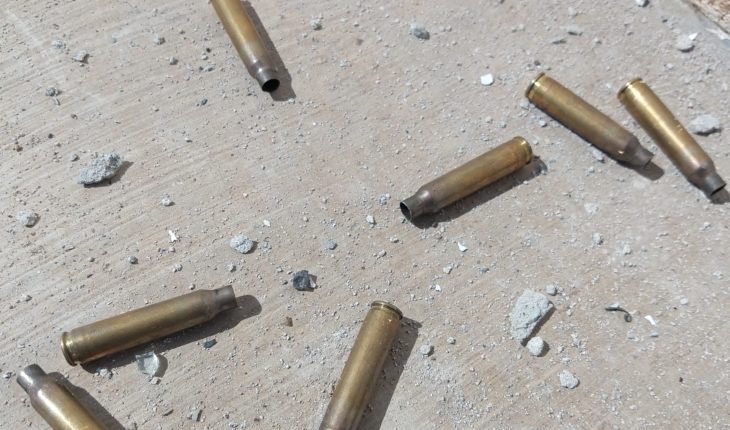In 2009, journalist Diego Enrique Osorno wrote The Sinaloa Cartel, an investigation in which he denounces the collateral consequences of the War against Drug trafficking undertaken by former President Felipe Calderón Hinojosa and the narcoculture that became of this phenomenon.
Today, the author presents the updated version of this research with documented facts that took a decade.
In the book, Osorno demonstrates the political use of drug trafficking, even questioning whether the government’s strategy, known as the War on Drug Trafficking, served to thoroughly combat drug trafficking or only justified the political crisis of those years.
“There came a time when the war on narco was very popular. There was a major backing of society, it was believed that it was a war,” Enrique Osorno says in interview for Political Animal.
In a decade, Osorno’s investigation went through a variety of events surrounding drug trafficking in Mexico, events such as the fugue of Joaquín “El Chapo” Guzmán, after his arrest, the extradition and the trial of Guzmán “that was a show”, comments the author.
“At the same time comes a government that didn’t change the anti-drug policy that President Calderón had, what he did, nothing more, was change the narrative because the policy was the same,” he says.
In recent days, in the north of the country, the population of Culiacán witnessed the failed operation that the state undertook with the capture of Ovidio Guzmán, son of the kingpin Joaquín Guzmán Loera, where the inhabitants, again, were caught in the crossfire between criminal groups and security personnel.
A second event followed with the murder of nine people between the limits of Chihuahua and Sonora, the government of President Andrés Manuel López Obrador, in the voice of the security secretary, Alfonso Durazo noted that this event may have been “a confusion” after the dispute of drug trafficking groups in that region.
“The variable that the black market works with drug trafficking is the risk and security variable that is held or not to move an illicit shipment in a territory not only for official actions but for competition,” Osorno says.
From drug policy to transparency
Despite the 10 years in which Osorno’s investigation took place The Sinaloa Cartel, it still turns out to be an emergency issue in a country where anti-drug policy has not changed, “nor the political use of the issue of drug trafficking.”
In the book, Osorno delves into interviews with soldiers and academics who discuss how narcoculture transformed the perception of society into the imaginary lifestyle that Mexican kingpins could lead; as well as considering that the current administration will try to change the anti-drug policy in the country.
“I think it could happen that drug policy changes if this government decides to resist the pressures of the United States that it is the one who has dictated our drug policy in recent years,” the author says.
Osorno also favors total openness, recognizing the work of this government, which he referred to as an “unusual and valuable transparency” in information issues, and despite being dangerous and risky to exercise prefers the excess information with which the secrecy with which some issues have been handled, above.
He adds that, to avoid speculation and to project scounting, “I think this government should open up information about cooperation with the United States on the issue of combating drug trafficking.”
Amnesty in times of violence
“Perhaps I am a silencing man because 10 years ago I had the expectation that by this time the prohibitionist regime was going to be over. I had that expectation,” the author says.
Osorno believes that amnesty is a good approach that is part of the process of solving the drug trafficking problem, since it is not enough to legalize drugs in Congress, a series of actions of transnational justice is also needed.
“What I’ve been saying about the legalization of drugs is that Mexico doesn’t happen if there’s no interlocution with groups like the Sinaloa cartel. Organized crime is not going to end, violence is not going to fall off, but we’re going to take a big step to lessen it,” he adds.
With authorization from The Publisher Grijalbo and Penguin Random House and the author, in Animal Político we give you the first gift chapter of The Sinaloa Cartel by Diego Enrique Osorno.
What we do in Animal Político requires professional journalists, teamwork, dialogue with readers and something very important: independence. You can help us keep going. Be part of the team.
Subscribe to Animal Politician, receive benefits and support free journalism.#YoSoyAnimal
translated from Spanish: Narcoculture, an issue that remains urgent in Mexico
November 10, 2019 |





